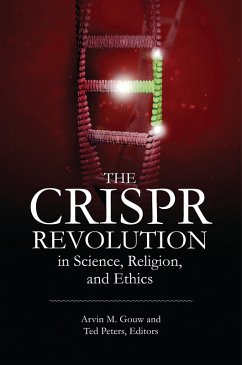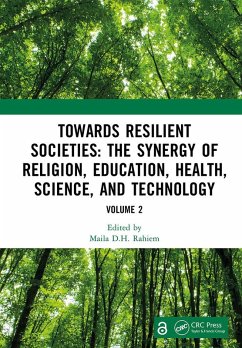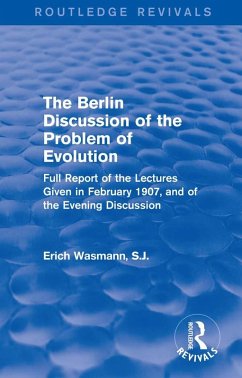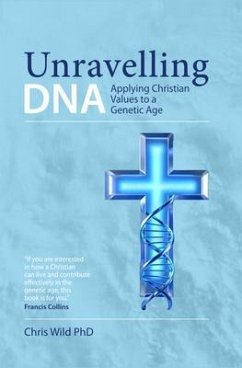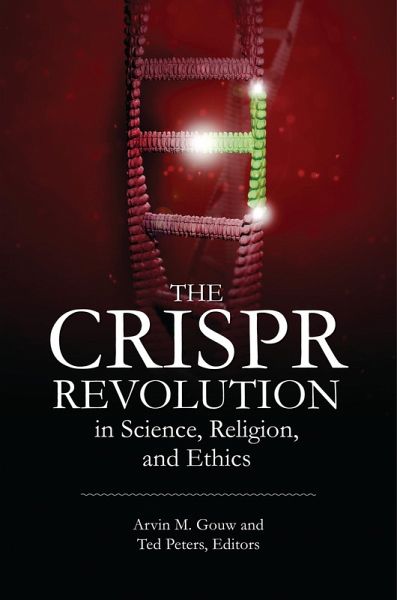
The CRISPR Revolution in Science, Religion, and Ethics (eBook, ePUB)
Versandkostenfrei!
Sofort per Download lieferbar
68,95 €
inkl. MwSt.
Weitere Ausgaben:

PAYBACK Punkte
34 °P sammeln!
This collection of original essays by scientists, theologians, religious studies scholars, and ethicists offers an authoritative, illuminating, and thought-provoking overview of the CRISPR controversy.Genetic science at times ignites explosions of public controversy. In the early 1990s, the Human Genome Project, along with Jurassic Park, frightened the world with genetic determinism. The cloning controversy of 1997 and the stem cell controversy of 1998 prompted bitter moral stand-offs. The fuse has just been lit for the next explosion: the CRISPR controversy. The CRISPR Revolution in Science, ...
This collection of original essays by scientists, theologians, religious studies scholars, and ethicists offers an authoritative, illuminating, and thought-provoking overview of the CRISPR controversy.
Genetic science at times ignites explosions of public controversy. In the early 1990s, the Human Genome Project, along with Jurassic Park, frightened the world with genetic determinism. The cloning controversy of 1997 and the stem cell controversy of 1998 prompted bitter moral stand-offs. The fuse has just been lit for the next explosion: the CRISPR controversy. The CRISPR Revolution in Science, Religion, and Ethics channels the energy of that explosion into constructive reflection on the implications of this revolutionary science for religion, ethics, and public policy.
Chapters accessibly explain the science behind gene editing and draw out its implications for social impact. This volume reviews the history of genomics from 1990 to date, with special attention to cloning and stem cell research. Contributors address the significance of gene technology for understanding human nature within specific religious traditions. Most importantly, they analyze selected ethical issues: therapy versus enhancement, germ line modification, designer children, patenting, and the long-term effects of gene drive proposals.
Genetic science at times ignites explosions of public controversy. In the early 1990s, the Human Genome Project, along with Jurassic Park, frightened the world with genetic determinism. The cloning controversy of 1997 and the stem cell controversy of 1998 prompted bitter moral stand-offs. The fuse has just been lit for the next explosion: the CRISPR controversy. The CRISPR Revolution in Science, Religion, and Ethics channels the energy of that explosion into constructive reflection on the implications of this revolutionary science for religion, ethics, and public policy.
Chapters accessibly explain the science behind gene editing and draw out its implications for social impact. This volume reviews the history of genomics from 1990 to date, with special attention to cloning and stem cell research. Contributors address the significance of gene technology for understanding human nature within specific religious traditions. Most importantly, they analyze selected ethical issues: therapy versus enhancement, germ line modification, designer children, patenting, and the long-term effects of gene drive proposals.



